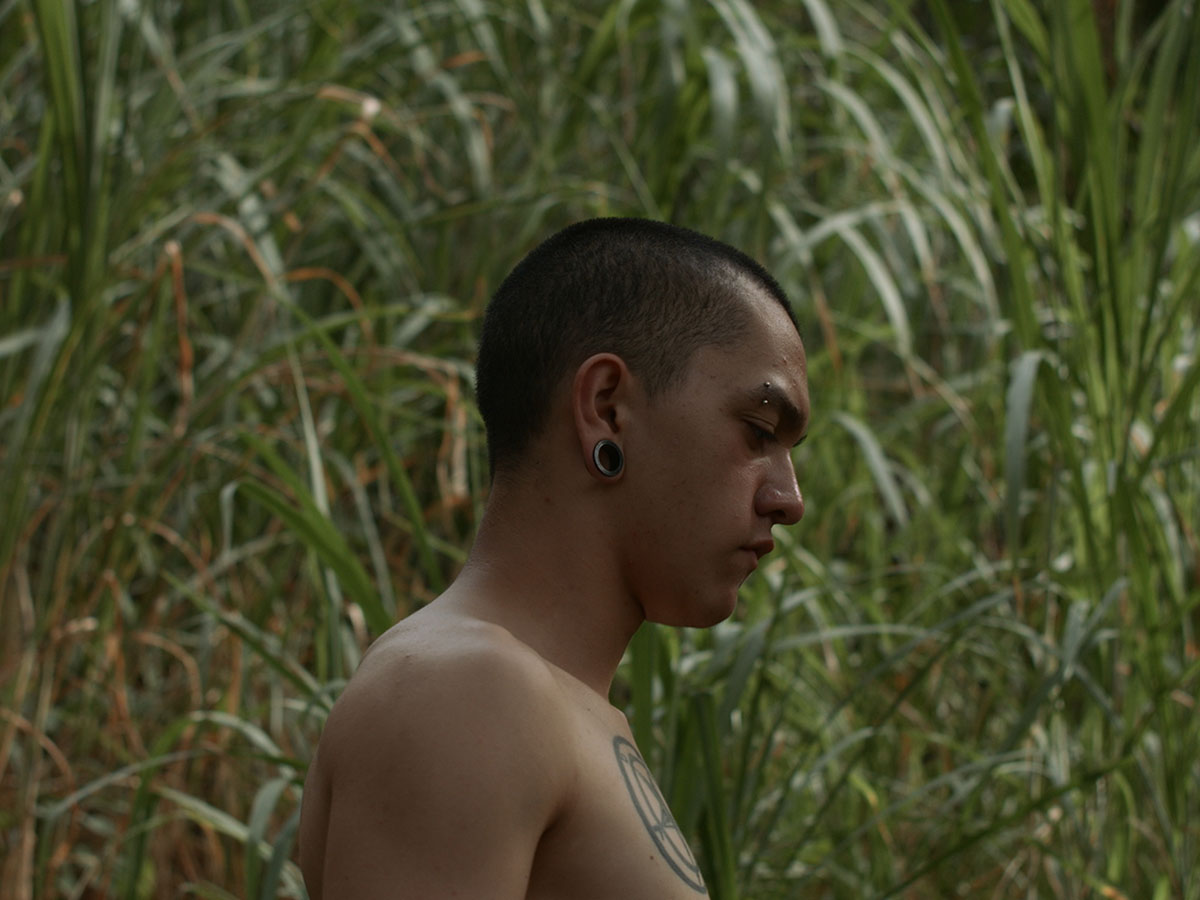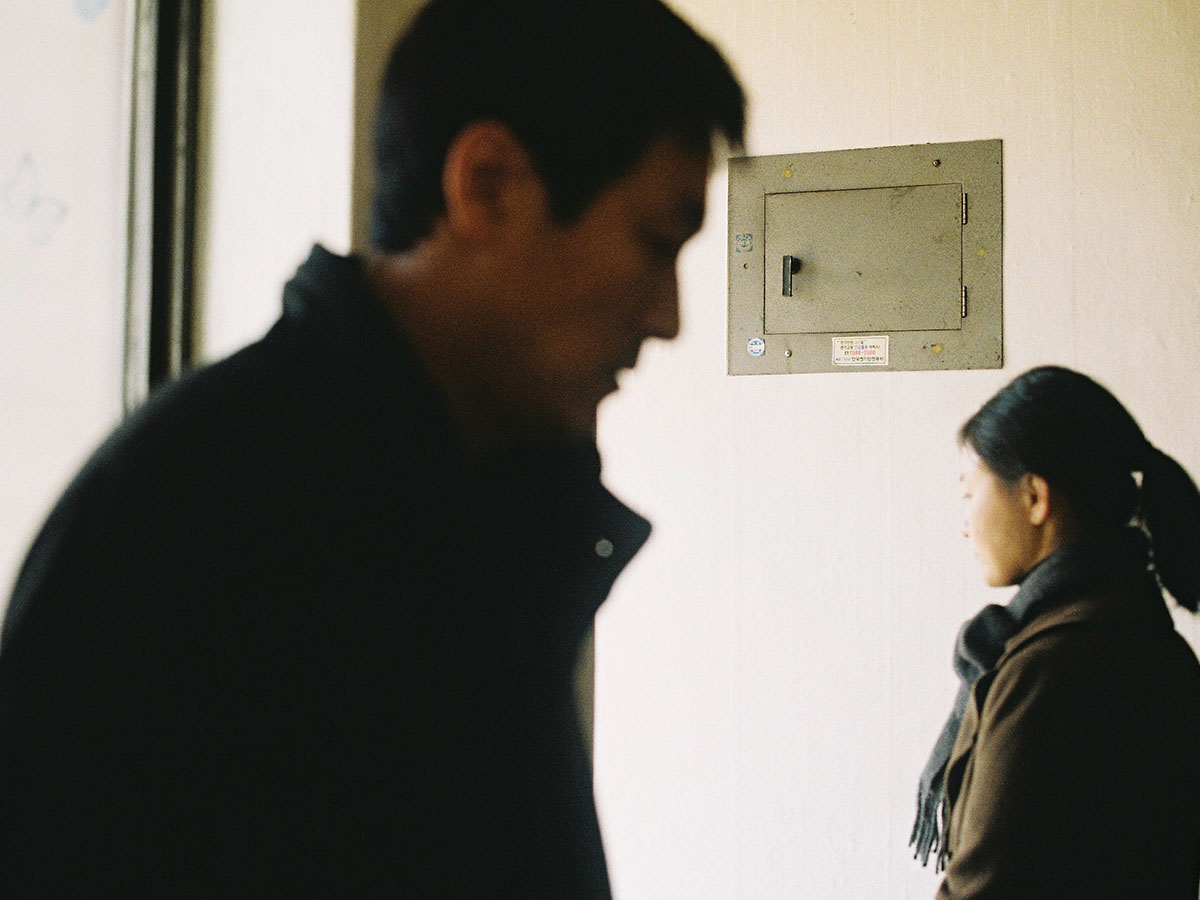
The Jungle Knows You Better Than You Do
Colombia is a land of ghosts. Two siblings roam these mystical landscapes searching for their dead father's spirit. Their journey takes them from the city of Bogotá to the Colombian jungle, through realms of thought and deep into their haunted dreams. Here they will find some answers and attract unexpected company.
Latin American cities have always existed as liminal spaces, unnatural assortments of edifices where timelines collide, and spirits roam aimlessly for all eternity. Their surroundings tend to keep the presence of natural richness at bay, pushed aside for the questionable veneer of “progress”, but occasionally breaking through the realm of modernity to remind everyone that the land they’re standing on was never unoccupied.
The specters that inhabit the Latin American metropolises are usually thought of as the restless souls of the indigenous communities violently displaced by colonial powers and the destructive ethos of capitalist “development”. After all, their diverse and idiosyncratic cosmovisions bypass the reductive linear structure of Western rationale, being more in sync with the elliptical flux of the natural world. The limbo that is deracination and structural neglect is not exclusive to those who avoid embracing what has been sold as “the modern way of life”, however. Even abiding by the rules of the game, marginalization and erasure are a natural conclusion to the thankless cycle of labor and the economy of subsistence.
With inequality as rampant as it can get and failed political structures eroding more and more as time shows their inherent futility, the milieu of the Latin American urban center has truly evolved into a no man’s land, a non-place of sheltered privilege juxtaposed to chaotic urgency, a “phantom city” as the initial narrator of Juanita Onzaga’s The Jungle Knows You Better Than You Do calls what she used to think as her hometown of Bogotá. The past tense of the latter statement has to do with her moving on from the Colombian capital, a setting that for her can only evoke violence and forgotten bodies, a sense of phantasmagoria close-knit with her family history.
At its core, The Jungle Knows You Better Than You Do is an exploratory search for meaning in a desolate landscape. The film’s point of view might be rendered through the emotional and spiritual journey of a pair of siblings looking for their father’s lost spirit, yet the specificity of their pursuit soon feels universal. The sprawling highway and seemingly anonymous stretch of concrete buildings that open the film are not mere geographical signifiers. The weight they carry is molded by personal history, by the inescapable association with the memory of fading moments and missing people. It doesn’t matter which face one projects onto the gray walking bridge or what landmark event happened on the night-shift metro route; the aura of melancholy is a shared and widespread feeling in this tropical settlement.
For The Jungle Knows You Better Than You Do’s initial narrator, experiencing the city again means facing the identitary turmoil of no longer recognizing the environs that oversaw her formative years and being confronted by guilt. The anarchic environment she left her brother in is no longer a distant abstraction but a dense and overwhelming reality, living and breathing right in front of her, its ominous nature as palpable as it could be.
Once the hypnotic trail of nondescript buildings and city lights fades away, a gigantic moshpit is shown from an aerial shot. The clashing of black-shirted bodies is depicted in an initially impressionistic fashion, closer in look to a micro-cellular organism or a tectonic landslide than an extreme music show. The camera soon switches its perspective, positioning itself like a passive observer within the great ritual dance of dissonance and cathartic brashness. There, the smoke machines and laser lights create an ethereal visual realm where everything slows down to a crawl, and figures resemble lost souls in a wavering abyss. That is where the omnipresent narrator finds her brother: one of the masked figures seeking solace in counter-cultural expression.
Through the male sibling’s quest for his father, mentions of him being a reflection of his predecessor become a constant. References to his drug use and dangerous social circles are scattered in every interaction he has, forcing him to confront the fact that his steps are dangerously mirroring those of his father, leading to his ultimate demise at the hands of urban violence. The specifics are never mentioned, but they needn’t be. Everyone who has been part of this kind of environment will fill in the blanks with their own frame of reference. Spiritual closure is important to the male sibling, and in a broader sense, to The Jungle Knows You Better Than You Do.
The narrator’s father is not at rest in the city. His tomb has his name engraved, but it’s just another collection of characters in a colossal, modern charnel house is an aseptic construction, just like those around it, where identities dilute and are eventually forgotten. It’s not until the male sibling reaches the jungle where his family originally came from that the rigid rites of the city give way to something illuminating.
“Where the palm trees lie, there’s grandma,” a voice utters. Memory becomes a presence in that particular place. Different generations can be felt through ancestral forces embedded in the stories of lands ousted by urbanity. “Where he ends, you continue”. Cities have been built thinking of individuals, but the world around them moves at a different pace. Nobody is really left behind in the jungle. Nobody is thrown underground, cloistered amidst other thousands of corpses. Their essence lives through. It’s just a matter of knowing where and how to look, of renouncing the perceptive shackles of a space that cares for no one.
After going missing, a woman is unable to remember her past until her former husband pays her a visit and she recalls a memory of where she lived with the man a long time ago.



